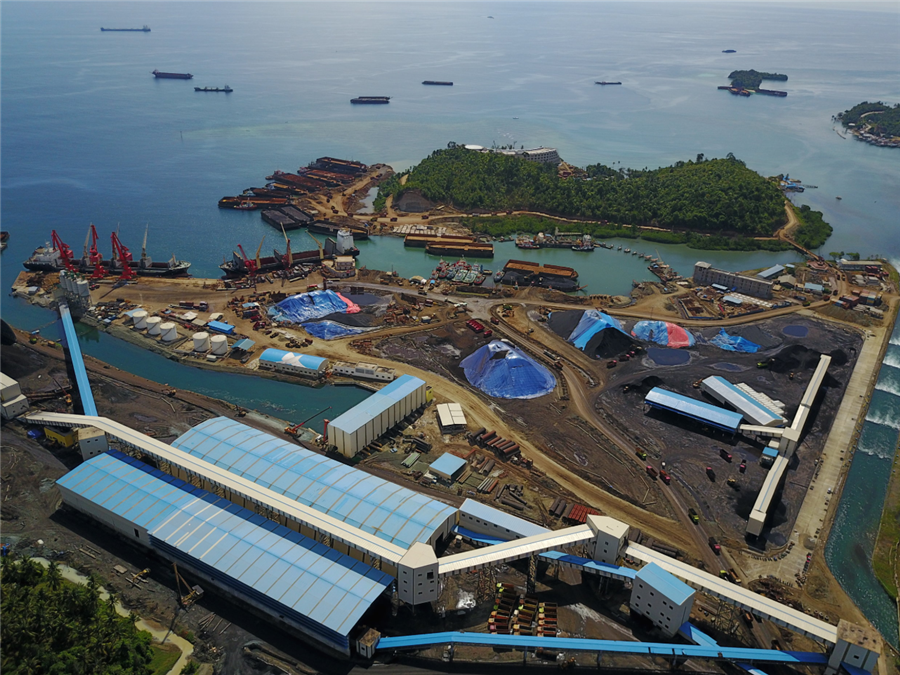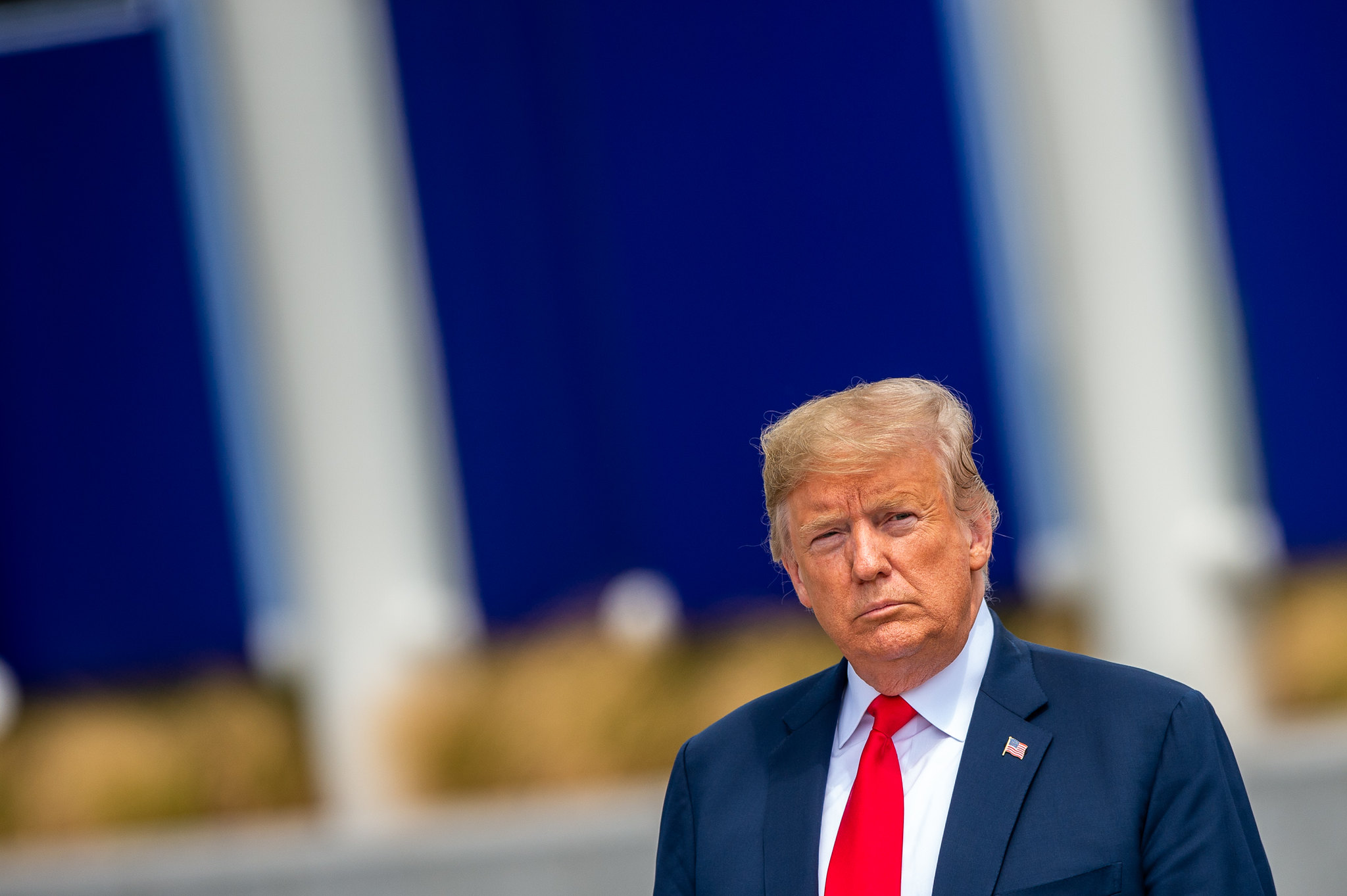Indonesia chases manufacturing hub dream as commodities wither

Indonesia plans to open up more sectors to foreign investors and reboot its stringent labor laws to become a regional manufacturing powerhouse rivaling Germany and South Korea, according to Industry Minister Airlangga Hartarto.
President Joko Widodo’s government will rely on automotive, chemicals and electronics industries to push the contribution of manufacturing sector to 25 percent of the nation’s economy by 2025 from 20 percent now, Hartarto said. The move may help boost exports from Southeast Asia’s largest economy and tackle its current account deficit, he added.
Indonesia has been growing at about 5% a year, well short of the president’s 7% target
“Our target is to be the manufacturing hub of Asean,” Hartarto said in an interview in Jakarta on Monday, referring to the Association of Southeast Asian Nations. Indonesia will seek to eclipse Germany and South Korea and match up to China as a base for making everything from electric vehicles to petrochemical products, he said.
Widodo, who is preparing for a second five-year term, is looking to rejuvenate the country’s struggling manufacturing sector to bolster growth, help rein in the current account deficit and create millions of jobs. Indonesia has been growing at about 5 percent a year, well short of the president’s 7 percent target, as it has long relied on exports of raw commodities.
Negative list
The government’s initiatives to bolster manufacturing will include relaxing the negative investment list, which regulates levels of foreign ownership across hundreds of sectors, implementing tax holidays for both domestic and foreign firms, and reforming the labor law, Hartarto said.
Widodo, known as Jokowi, has a greater mandate and political support to address sensitive issues such as labor law, a key factor that has hindered investors coming to the country, Hartarto said. The incumbent leads his challenger Prabowo Subianto by about 12 percentage points with votes from about two-thirds of polling stations tallied, setting him on course for a wider margin of victory than in 2014.
“Few of the existing players are already doing the pilot projects in Indonesia such as Mitsubishi, Toyota and Honda motorcycles”
With the world moving toward electric vehicles, Indonesia wants battery-powered automobiles to make up 20 percent of the nation’s total output by 2025, Hartarto said. A road map being prepared by the government would involve existing manufacturers such as Toyota Motor Corp. and Mitsubishi Motors Corp. as well as Chinese electric vehicles makers such as BYD Co. and Wuling Motors Holdings, he said.
“Few of the existing players are already doing the pilot projects in Indonesia such as Mitsubishi, Toyota and Honda motorcycles,” Hartarto said. “If they are doing the prototyping and pilot projects, that means they are committed to further investments.”
Jokowi has promised tax incentives to companies willing to invest in electric vehicles while also making it expensive to own fossil fuel-powered automobiles to save the country about 798 trillion rupiah ($56 billion) from reducing dependence and imports of crude oil. The country is counting on its abundant reserves of nickel ore, a key raw material in electric batteries, as a big draw for foreign companies seeking to expand production.
“What Indonesia needs apart from revitalization of our manufacturing sector is revitalization of our innovation system with a focus on the manufacturing and the digital economy,” Hartarto said. “The next source of Indonesia’s economic growth will come from the capability of the Indonesian people.”
(By Karlis Salna and Harry Suhartono)
{{ commodity.name }}
{{ post.title }}
{{ post.date }}




Comments